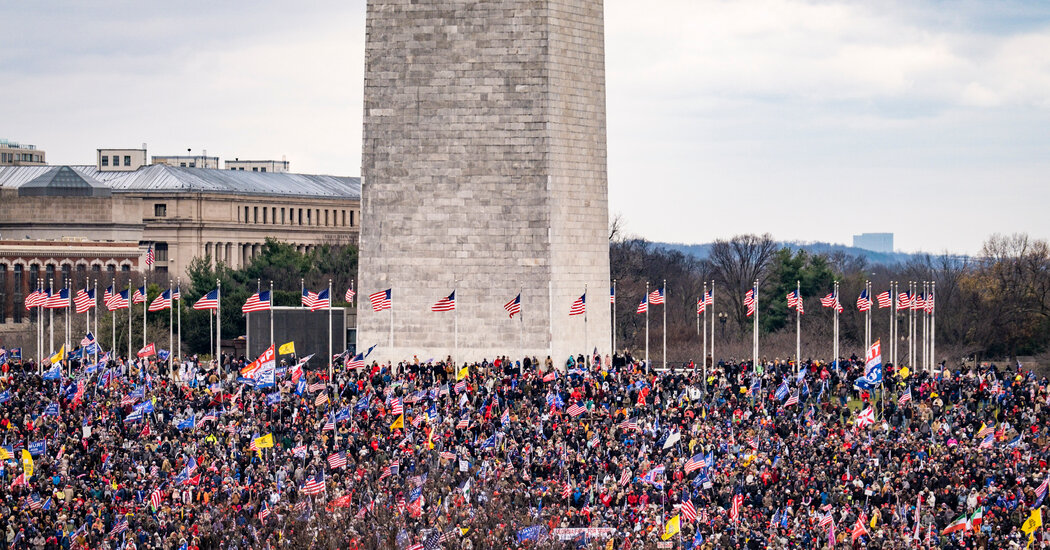
The subpoenas, which follow records preservation demands sent to 35 technology and social media companies in August, do not seek the content of any communications but simply the dates and times of when the calls and messages took place, according to a committee aide.
The committee has now interviewed more than 275 witnesses and is receiving cooperation from some members of former Vice President Mike Pence’s inner circle, including Marc Short, his former chief of staff.
But several high-profile witnesses are stonewalling the panel, in line with a directive from Mr. Trump. The former president is battling in court to block the release of documents requested by the committee that he says are subject to executive privilege, though the Biden administration has refused to assert the claim.
The House voted in October to recommend that another of Mr. Trump’s associates, Stephen K. Bannon, be charged with criminal contempt of Congress for refusing to cooperate. A federal grand jury subsequently indicted him on two counts that could carry a total of up to two years behind bars. A judge on Tuesday set a July 18 trial date for Mr. Bannon, meaning that the select committee will most likely have to wait the better part of a year, if not longer, for a resolution of his case and any potential cooperation from him.
The committee has also recommended a contempt charge against Jeffrey Clark, a former Justice Department lawyer who participated in Mr. Trump’s efforts to invalidate the 2020 election results, for refusing to cooperate with its inquiry. The panel is waiting to complete that referral until it can determine how much information Mr. Clark is willing to provide during a deposition scheduled for Dec. 16. Mr. Clark has said he will invoke his Fifth Amendment right against self-incrimination.
Another potential witness, John Eastman, a lawyer who wrote a memo that some in both parties liken to a blueprint for a coup to keep Mr. Trump in power, has also indicated that he plans to invoke the Fifth Amendment in response to the committee’s subpoena.
A third witness, the political operative Roger J. Stone Jr., told the committee this week that he, too, planned to invoke his right against self-incrimination in defying a subpoena, declining to sit for an interview or produce documents.




